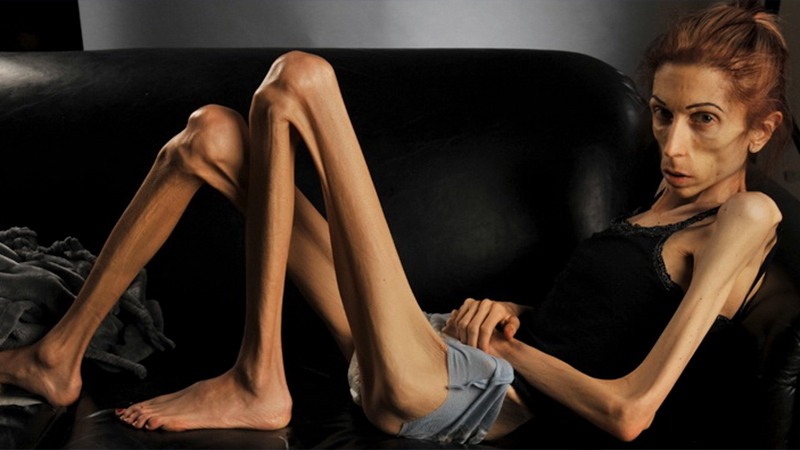Starting Journey on a very personal note where I enrolled in the IIN Health Coaching course. My aim was to be able to come out of my own health issues and hormonal imbalances which I suffered from. Despite doing everything right halfway through the course, I understood that I need to work on making my Gut Health stronger. Read More
Dying to be Barbie?
Anorexia Nervosa- When Dieting becomes dangerous
WHAT IS ANOREXIA NERVOSA?
Anorexia Nervosa is an eating disorder which consists of causing people to obsess about their weight & what they eat. It is associated with a distorted body image with an intense fear of becoming fat even though underweight. Anorexia isn’t actually about food rather it’s an unhealthy way to try and cope with mental stress. It usually occurs between the ages of 10 and 30 years. Ten times more common in females.
Anorexia Nervosa is characterized by:
- An individual voluntarily reduces & maintains an unhealthy degree of weight loss by self- induced starvation to a significant degree.
- An individual who experiences an intense fear of becoming fat has a relentless drive for thinness despite obvious starvation.
- Abnormally low body weight & compulsive exercise.
- The absence of at least 3 consecutive menstrual cycles post-starvation.
- The behaviors mentioned are present for at least 3 months.
It can be of two (2) types:
1. Restricting type (No binge eating):
Present in approximately 50% of people suffering from Anorexia. Food intake is highly restricted and people may be relentlessly and compulsively overactive. A person with restricting anorexia nervosa often have depression and anxiety associated with it.
2. Binge-eating type:
People alternate attempts at rigorous dieting with intermittent episodes of binge eating. It is often associated with self-induced vomiting, or frequent use of laxatives to compensate for the binging episodes.
The other symptoms are the medical complications of starvation as slower heart rate and feeling cold due to reduced body fat stores
TREATMENT:
“Skinny is out, the fit is in”
The most important point is to restore a person’s nutritional state and maintain a healthy body weight. The treatment of Anorexia is a combination of therapy, family education, and in a few cases, medications.
Patients must be willing participants for treatment to succeed in the long run. The sooner someone gets treatment, the more likely they are to make a full recovery.
-
Therapy:
People with anorexia connect their body weight to their self- worth. Resist urge check you in the mirror frequently or check bodyweight all the time, as it can give way to Therapy gives them a better sense of who we are and to encourage them to return to healthier eating habits. Ongoing therapy and Nutrition education are highly important.
-
Family-based therapy:
Educate the whole family about anorexia and try to be supportive and patient with it. Parents help their kids in re-feeding and weight management, especially for teenagers. Don’t isolate yourself from family and friends.
My22BMI is a digital healthcare startup addressing the problem of managing lifestyle diseases through diet counseling & coaching. We empower lives to eat healthily and smartly. We believe food should be your first medicine. To get started on your health journey, please fill-up the details HERE and we will do the rest.

